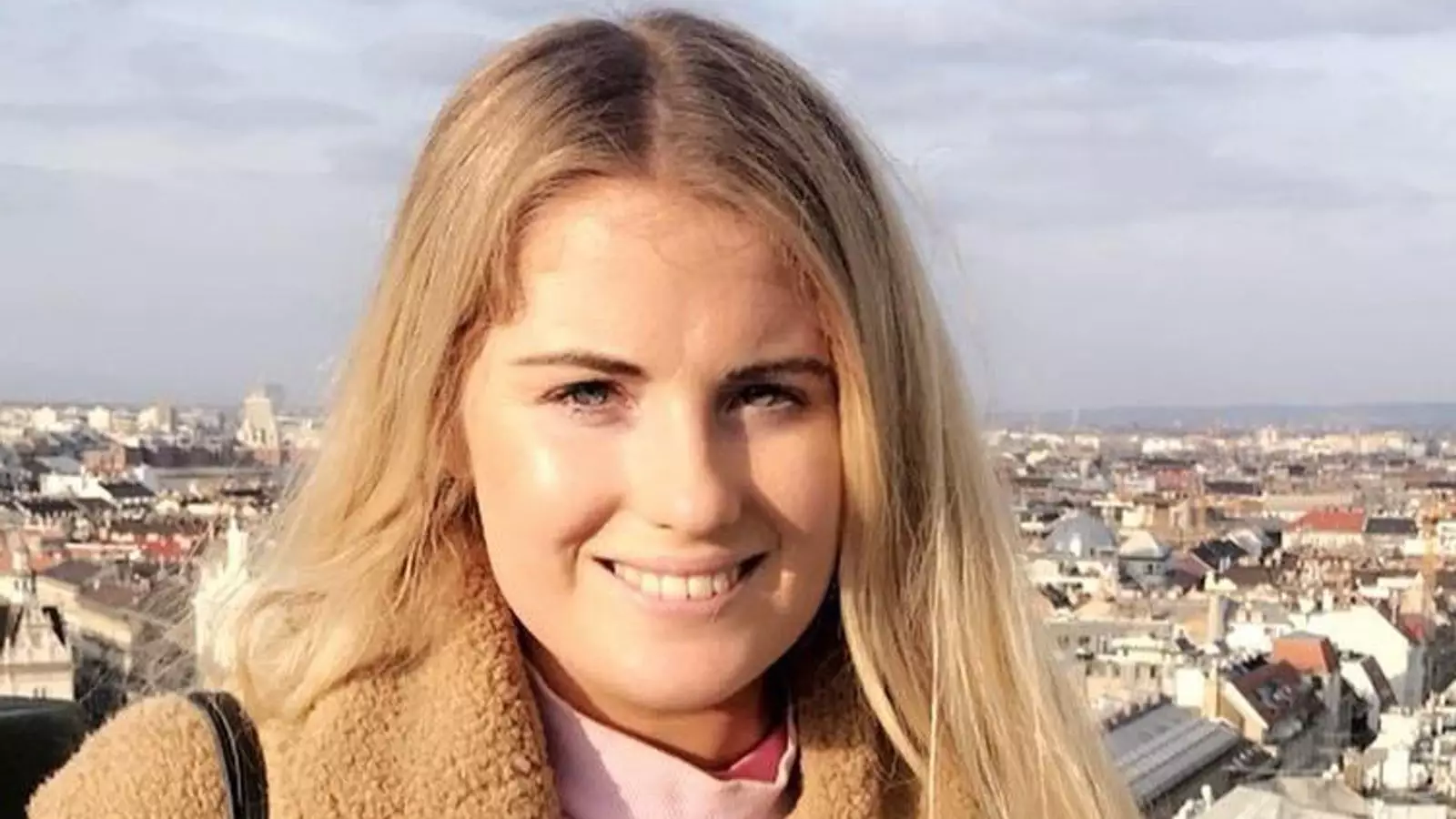A devastating incident in Laos has underscored the potential dangers of consuming unregulated alcohol in tourist hotspots. Recently, a British woman named Simone White, 28, tragically lost her life following suspected methanol poisoning linked to free shots offered by a bar in Vang Vieng, a city renowned for its vibrant nightlife and backpacker culture. This event has raised critical awareness about the risks associated with counterfeit spirits—particularly methanol contamination, which can result in severe health consequences and even death.
Methanol, an industrial solvent often used in antifreeze, poses a significant health risk when ingested. It is cheaper than ethanol—the alcoholic component found in standard beverages—and, unfortunately, is sometimes used illicitly in the production of counterfeit alcohol. The consumption of methanol can lead to severe poisoning effects, including brain swelling, organ failure, and death, as evidenced by the cases of multiple tourists, including Ms. White and several others who succumbed to similar fates.
This incident isn’t isolated; tragically, it reflects a broader issue within many tourist destinations worldwide where alcohol safety regulations are lax or poorly enforced. Six individuals from Ms. White’s group found themselves in the hospital after consuming the same questionable drinks, leading to an urgent plea from a friend on social media, warning fellow travelers to avoid local spirits.
As Ms. White’s story unfolded, it was revealed she was not the only victim. Australian authorities confirmed the death of 19-year-old Bianca Jones, whose unfortunate demise was similarly linked to methanol poisoning. Her friend remains in grave condition, highlighting the profound impact this moment has had on her circle and beyond. Such tragedies disrupt lives, leaving families and friends grappling with unspeakable loss.
Statements from leaders, such as Australian Prime Minister Anthony Albanese, expressed the shared grief felt by many. He referred to the situation as “every parent’s very worst fear,” underscoring the anxiety and heartache that arises when young individuals venture abroad for adventure, only to encounter peril.
In the wake of this incident, there is a pressing need for heightened awareness and education regarding the consumption of alcoholic beverages, especially in unfamiliar environments. For travelers, understanding how to safeguard against methanol poisoning starts with awareness of the sources and indicators of unsafe alcohol. Travelers should be cautious about accepting free drinks, especially in locations where the alcohol’s origin and production methods are questionable.
Moreover, the roles of local authorities and hospitality businesses cannot be understated. There is a responsibility to ensure that all beverages served to patrons are safe, and this necessitates adhering to stringent health and safety regulations. Implementing strict monitoring and penalties for establishments that sell contaminated alcohol could help mitigate risk and protect vulnerable tourists.
The devastating consequences of methanol poisoning beg a reevaluation of safety protocols for tourists engaging with local nightlife. Governments worldwide must collaborate with local authorities and tourism boards to create awareness campaigns highlighting the risks associated with consuming unregulated spirits.
This tragedy serves as a cautionary tale that emphasizes due diligence when traveling abroad. Potential travelers should prioritize researching their destinations, ensuring they are informed about safe practices related to alcohol consumption.
As mournful as it is, the loss of lives due to methanol poisoning should not go unnoticed. It should prompt a systemic shift to promote awareness and ensure the safety of travelers engaging with vibrant cultures and experiences around the world. The memories of Simone White, Bianca Jones, and others lost to these preventable tragedies should motivate ongoing discussions around alcohol safety in tourism. Ultimately, a collective effort to enforce stricter regulations and educate travelers about potential risks can prevent similar occurrences, allowing individuals to enjoy their adventures without fear.


Leave a Reply